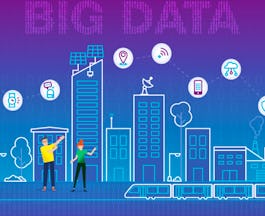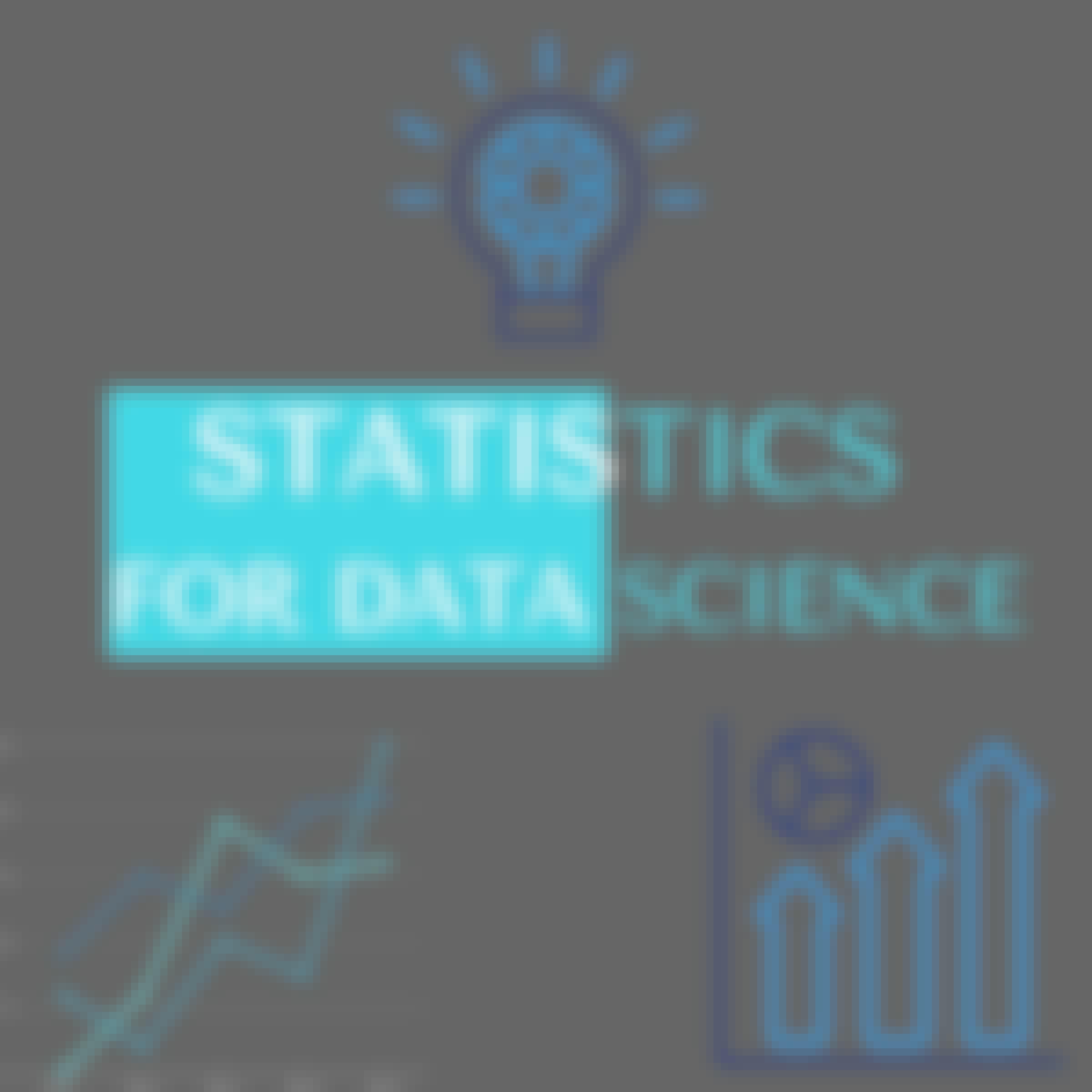Filter by
The language used throughout the course, in both instruction and assessments.
6,194 results for "data engineering"
 Status: Free
Status: FreeInstitut Mines-Télécom
Skills you'll gain: Big Data, Data Analysis, Data Visualization

Skills you'll gain: Design and Product

Coursera Project Network
Skills you'll gain: Python Programming, Computer Programming

Coursera Project Network
Skills you'll gain: Machine Learning

University of Illinois at Urbana-Champaign
Skills you'll gain: Leadership and Management, Data Visualization, Risk Management

Skills you'll gain: Marketing, Business Analysis, Data Analysis, Marketing Management, Statistical Analysis, Digital Marketing, Media Strategy & Planning, Advertising, Experiment, Forecasting, Market Analysis, Market Research, Probability & Statistics, Regression, Research and Design, Statistical Tests

Università di Napoli Federico II
Skills you'll gain: Data Visualization, Tableau Software

Nanyang Technological University, Singapore

Coursera Project Network
Skills you'll gain: Big Data, Data Visualization, SQL

Coursera Project Network
Skills you'll gain: Basic Descriptive Statistics, General Statistics, Statistical Analysis

Duke University
Skills you'll gain: Machine Learning, Applied Machine Learning, Design and Product, Human Computer Interaction, Communication, Human Factors (Security), Human Learning, User Experience, User Experience Design

Skills you'll gain: Django (Web Framework), Swift Programming
Searches related to data engineering
In summary, here are 10 of our most popular data engineering courses
- La Data Intelligence au service des organisations: Institut Mines-Télécom
- Generative Design for Industrial Applications: Autodesk
- Processing Data with Python: Coursera Project Network
- Machine Learning with H2O Flow: Coursera Project Network
- Empathy, Data, and Risk: University of Illinois at Urbana-Champaign
- Data Analytics Methods for Marketing: Meta
- Introduzione alla Data Visualization con Tableau: Università di Napoli Federico II
- Beauty, Form & Function: An Exploration of Symmetry: Nanyang Technological University, Singapore
- Working with BigQuery: Coursera Project Network
- Statistics For Data Science: Coursera Project Network










